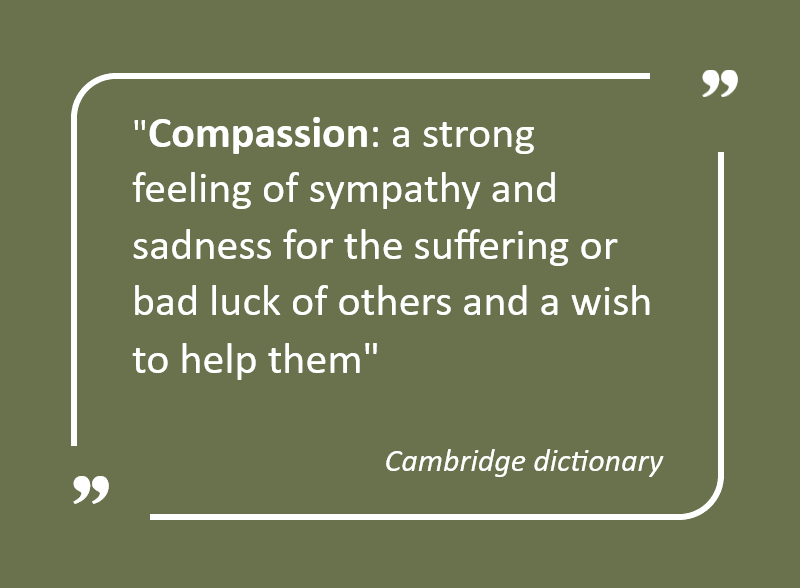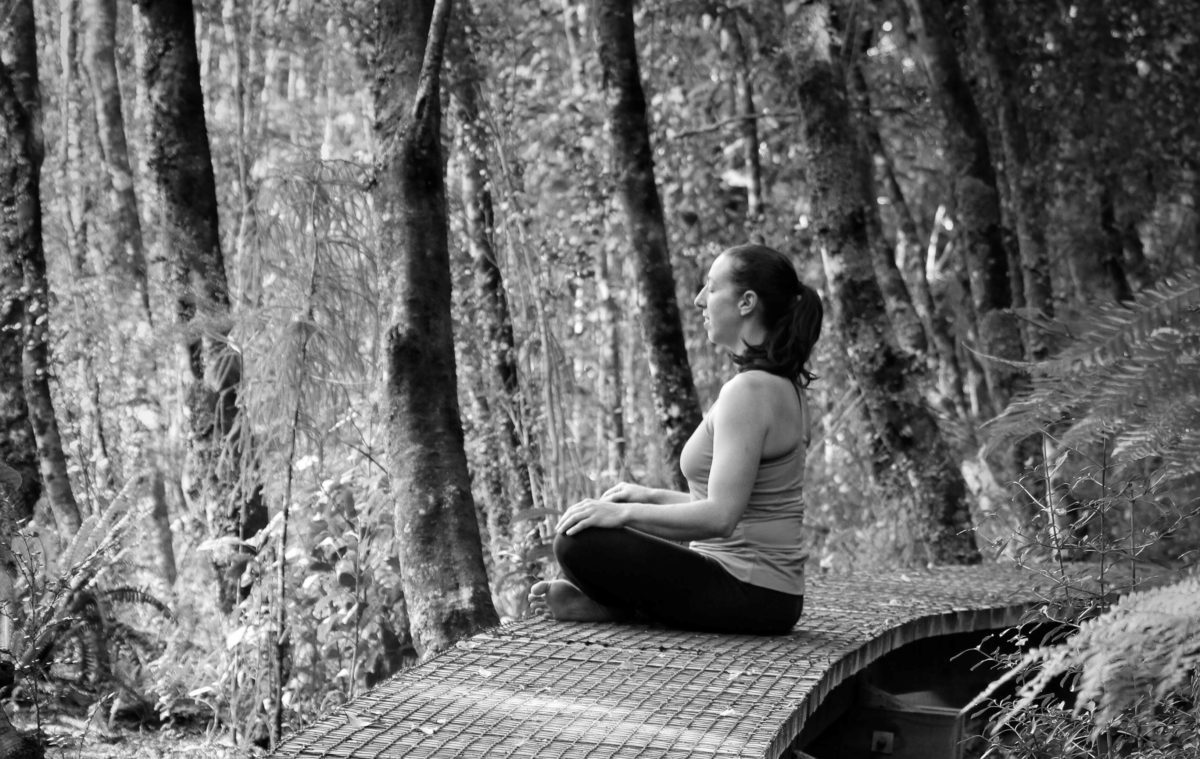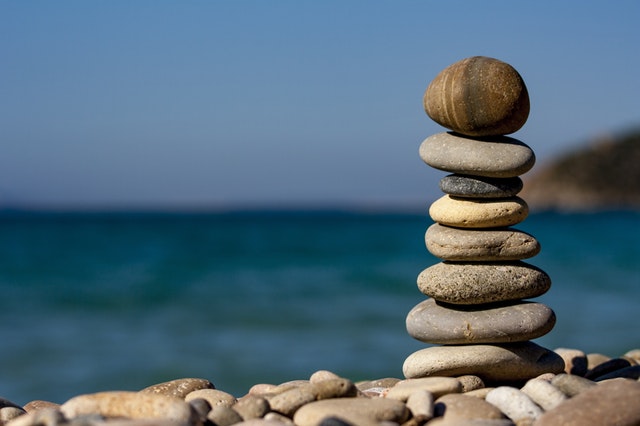
The week before last I was teaching yoga on a Wednesday night. An older gentlemen walked into the middle of the class halfway through the session. He was looking for the tramping club meeting that usually takes place on Tuesdays. I could have been annoyed that he interrupted my class, told him it was the wrong day and asked him to leave. But I didn’t.
I greeted him and asked what he was looking for. I suggested he might have the wrong day, but he when he was certain he was right, I offered to walk him through the middle of the room to see if the other rooms in the hall were the ones he was looking for. As we got to the other side of the room, he realised he had gotten the days wrong, and we walked back together to the door and I encouraged him to return next Tuesday.
The room full of people didn’t miss a beat as we walked back and forth. They roughly knew the sequence of movements that was next and carried on. No one seemed bothered or frustrated that the class had been interrupted. Everyone just allowed space for us to talk and walk around them.
It was a small act for all of us. Just a few minutes of compassion for someone who needed it. We’ve all needed that at one point or another.
And though a small moment, it had all the elements these researchers identified in defining compassion: recognizing suffering, understanding the universality of human suffering, feeling for the person suffering, tolerating uncomfortable feelings, and motivation to act/acting to alleviate suffering.
The science of compassion
Research has shown that humans have a biological preference for compassion and kindness, and the more we practice these the better we get at them. Dacher Keltner of the Greater Good Magazine explains the evolutionary argument for why humans are kind (watch the 5 minute video too). He goes on to explain the research that shows compassion affects our brain and body. The vagus nerve is stimulated when we feel compassion – the vagus nerve has direct influence on the parasympathetic nervous system (think rest and digest response, the opposite of fight or flight). Research has also identified many of the benefits of practicing compassion like making us more resilient to stress, slowing the heart rate, improving mental health and much more.
Doing compassion
Yoga philosophy encourages compassion and offers practices or ways to cultivate compassion. Patanjali’s Yoga Sutra 1.33 is most often cited in reference to compassion. Coming from an ancient Sanskrit text, there are many nuanced ways to translate the Yoga Sutras. I found this translation useful of Yoga Sutra 1.33:
“In relationships, the mind becomes purified by cultivating feelings of friendliness towards those who are happy, compassion for those who are suffering, goodwill towards those who are virtuous, and indifference or neutrality towards those we perceive as wicked or evil.”
Yoga Sutra 1.33, from the SwamiJ.com Yoga Meditation site
The author suggests that one way to cultivate compassion is to be mindful of your emotions and thoughts towards someone who is suffering, and says “It does not mean acting, or suppressing the contrary thoughts and emotions. It does mean being aware, and lovingly choosing to act out of love.”
As it turns out, the 4 qualities in this sutra also align with the four Buddhist brahmavihara (also known as the four immeasurables: loving-kindness or benevolence (maitrī/metta), compassion (karuna), empathetic joy (mudita), and equanimity (upekṣā/upekkha).
And a classic way to practice and develop compassion from both yoga and Buddhist philosophies is the loving-kindness meditation (I’ve written about this before). If you’re looking for something other than meditation, find many more ideas on practicing compassion from the Greater Good Magazine and from the UNESCO Mahatma Gandhi Institute of Education for Peace and Sustainable Development.
A call to action now
In April of 2020 as the pandemic was beginning to rage, yoga guru and teacher A.G. Mohan recorded a brief video about the need now more than ever to develop the divine qualities of friendliness, compassion, courage and service to others (referring to the Bhagavad Gita Hindu scriptures).
And just last week, in an op-ed for the independent newspaper The SpinOff, the Aunties’ Jackie Clark challenged New Zealanders to be compassionate, not just nice:
“We’ve been asked to be kind, and people happily retweeted and reposted and shared that around. Yes, be kind. But I really do think people have conflated kindness with niceness. Being kind is far, far deeper than being nice. It requires you to have empathy and compassion for circumstances that you have no knowledge or experience of.”



